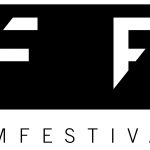A brave new, stable world: while we, free from work, return to nature, machines take care of everything else. Richard Brautigan knew that things could turn out differently when he wrote the poem that bears the title in 1967.
Today, algorithms distort the view of our world and promote the emergence of new nationalisms. Throughout our lives, computers predict our decisions – for the benefit of banks, employers, the private sector and the state. Machines seem to serve less to improve conditions than to make power and capital invisible.
The films in this program portrait those who evade control in Dark Net or translate their game world fantasies into reality. They reflect on increasingly artificial structures and their desire to penetrate the human condition. They show how people and their revolts become controllable on the basis of data. But they also outline possible courses of action against this control!
Sitting in Darkness (2015) | Graeme Arnfield | UK | 15:00 min
Out of the darkness, a sound emerges. It echoes and drones. Terrified people take to the streets in search of its source. They get their cameras out and document the sky, searching for an author. We watch on, sitting in darkness, our muscles contract and our pupils dilate. “I hope the camera picks this up”. “Sitting in Darkness” is a sensory essay film that explores the circulation, spectatorship, and undeclared politics of contemporary networked images.
Ducks Don’t Drown (2018) | Max Leach | UK | 12:00 min
‘Ducks Don’t Drown’ (2018) is drawn from a series of interviews by the artist with Dark Web users, research reflectively looking at their use of this ‘invisible’ web platform. The film follows the lives of two suburban youths and the banal subtleties that surround online drug culture, masculinity, and the Dark Web, entirely rendered through uncanny digital imagery narrated by a diegetic soundtrack.
Swatted (2018) | Ismaël Joffroy Chandoutis | FR | 20:00 min
Online players describe their struggles with “swatting”, a life-threatening cyber-harassment phenomenon that looms over them whenever they play. The events take shape through youtube videos and wireframe images from a video game.
Air Kiss (2019) | Egor Kraft, Pekka Airaxin, Alina Kvirkveliya & Karina Golubenko | RU | 20:00 min
A film, presented in a form of 5-channel video installation, looking at a near future, where governance has largely been outsourced to Artificial Intelligence in the speculative context of Moscow in 2050 where a high degree of automation is present.
Credits: Egor Kraft Direction, script, artistic direction, cinematography, post-production, editing | Pekka Airaxin Direction, script, soundtrack, sound editing, camera | Alina Kvirkveliya Visual effects, aerial shooting, direction, casting, architecture, production | Karina Golubenko Research, editorial, script, book design, production
Life is good for now (2015) | Bernhard Hopfengärtner & Ludwig Zeller | CH | 15:00 min
Bernd Hopfengärtner and Ludwig Zeller offer a speculative view of a fictitious Switzerland that has decided to introduce a right to informational self-determination. In four scenarios, told from the perspective of the people of this world, the social effects of Big Data and Machine Learning are discussed in the context of medicine, property, and literature.
Curated by Johannes Duncker & Christine Bernau
Christine Bernau is a curator and cultural manager based in Cologne. As a former festival director and member of various juries (Kurzfilmtage Oberhausen, Filmstiftung NRW) she has seen loads of short films. Recently she co-produced a feminist theatre play.
Johannes Duncker is a filmmaker and the festival director of KFFK/Kurzfilmfestival Köln.
Together Christine and Johannes curate the New Aesthetic section at KFFK since 2013.






